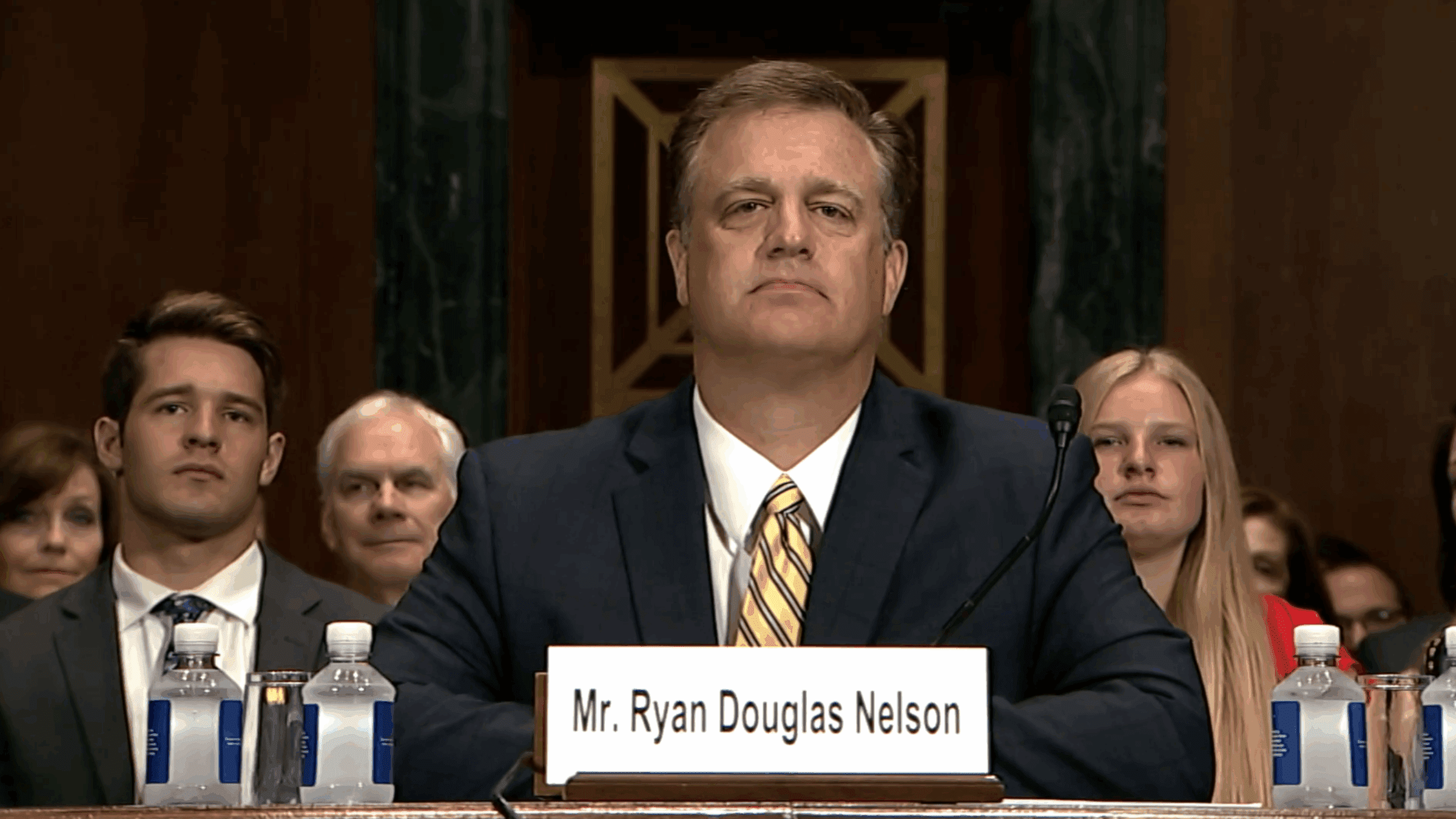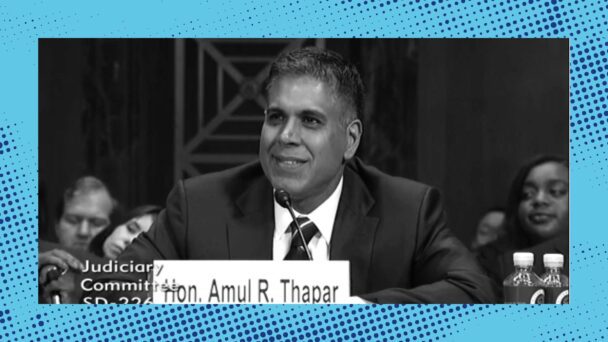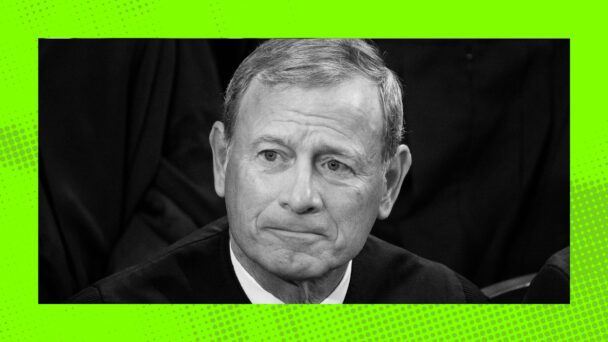On Monday, a divided federal appeals court lifted an order which had temporarily blocked President Donald Trump from deploying National Guard troops to Portland, Oregon.
Trump has sought to use the military in Portland and elsewhere to put down protests against his administration’s kidnappings of people ICE agents assume are immigrants. But presidents’ legal authority to federalize the National Guard is limited to only a few extraordinary circumstances—foreign invasion, rebellion, or the breakdown of normal law enforcement. Although the Trump administration argued those conditions were met in Portland, a federal district court recognized that was (pardon the legal jargon) total bullshit. “The President’s determination was simply untethered to the facts,” wrote Judge Karin Immergut, a first-term Trump appointee.
Shortly after the ruling, Trump took a swipe at the conservative legal establishment figures who curated his judicial nominees during his first term, telling reporters that he “wasn’t served well by the people who pick judges.” Luckily for the president, his emergency motion to lift the order at the Ninth Circuit wound up in front of Judges Ryan Nelson and Bridget Bade—two judges who, unlike Immergut, remembered why Trump put them on the bench, and were glad to return the favor.

Nelson at his confirmation hearings in 2018 (Screencap via YouTube)
Under Ninth Circuit precedent, judges may review presidential deployments of the National Guard to ensure that they reflect “a colorable assessment of the facts and law within a range of honest judgment.” Yet in Oregon v. Trump, Nelson and Bade said that the district court improperly “substituted its own assessment of the facts for the President’s assessment of the facts,” and failed to give Trump’s determination the requisite “great deference.” According to them, “the totality of the circumstances from June through September” created a plausible basis for Trump to conclude that “the threat to federal personnel and property” in Portland rendered him “unable with the regular forces to execute the laws of the United States.”
Remarkably, this did not go far enough for Nelson, who authored a standalone concurrence crafted to get the president’s attention. While he and Bade together said that the district court erred by reviewing Trump’s determination with insufficient deference, Nelson said that the district court erred by reviewing Trump’s determination at all.
“Reasonable minds will disagree about the propriety of the President’s National Guard deployment in Portland,” said Nelson. “But federal courts are not the panacea to cure that disagreement.” In his view, whether the president lawfully called up the National Guard “presents a political question the courts cannot review.” Basically, it is not enough for the court to rubber-stamp the president’s illegal deployment of troops; the court should not have a stamp in the first place.
The dissent, authored by Judge Susan Graber, an appointee of President Bill Clinton, helpfully reminds readers that there is “no evidence whatsoever” to support either the president’s or the majority’s conclusions. Graber emphasized that city police called the protests “uneventful,” and that protests showed no evidence of “organization or leadership, widespread use of arms, ferocity, or difficulty exerting control by ordinary means.” They did, however, include people “wearing chicken suits, inflatable frog costumes, or nothing at all.”

(Photo by Mathieu Lewis-Rolland/Getty Images)
Nelson is far from the only Trump (or Trump-adjacent) federal judge to author outlandish opinions in search of the president’s favor. Last month, for instance, Judge Andrew Oldham wrote a 130-page dissent from the Fifth Circuit’s ruling that Trump could not legally declare that the country is experiencing an “invasion” under the Alien Enemies Act. Like Nelson, Oldham argued that whether the Act’s conditions were satisfied is a question for the “political branches” and “not the courts” to decide: “The President’s declaration of an invasion, insurrection, or incursion is conclusive. Final,” he wrote.
In May, Oldham’s colleague on the Fifth Circuit, Judge James Ho, issued a seven-page solo concurrence to a three-sentence scheduling order, going on at length about the purported “disrespect” the Supreme Court has shown Trump. Ho also cited bad behavior from other presidents who ostensibly received better treatment: Barack Obama, for instance, “tried to shame members of the Supreme Court during a State of the Union address by disparaging a recent ruling,” and Bill Clinton “was disbarred from practicing law before the Supreme Court.” None of that has any bearing on the conduct of Trump or this Court, but Ho’s aim was not to make sense; it was to manufacture a reason to take offense on Trump’s behalf.
And in March, Ninth Circuit Judge Lawrence VanDyke broke new ground by issuing a dissent on YouTube in which VanDyke, robed and in chambers, assembles and disassembles guns. In theory, the video was supposed to explain VanDyke’s view that the majority’s Second Amendment ruling was incorrect; in practice, it helped him distinguish himself in a crowded field of conservative crackpots.
Since Trump took office for a second time, his judicial nominees have demonstrated in their confirmation hearings a willingness to debase themselves in order to get and keep his support. And judicial rulings like Oregon v. Trump show how nominees are internalizing that lesson once confirmed. To stay in the president’s good graces—and potentially secure a coveted promotion to a higher court—appointees understand that they must continue to embarrass themselves by prioritizing the wants of the president at all costs.




